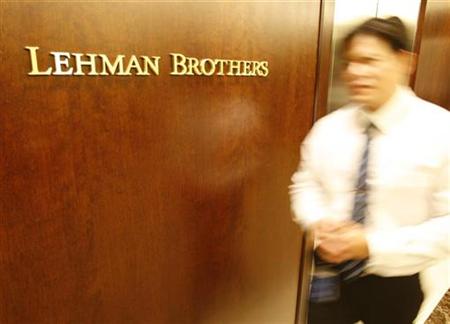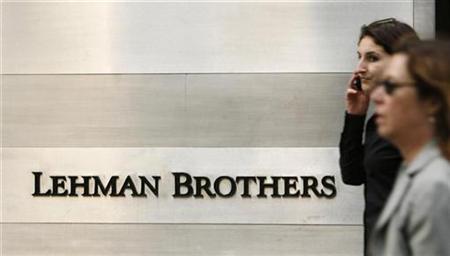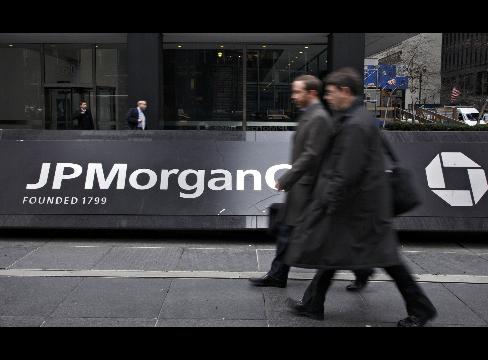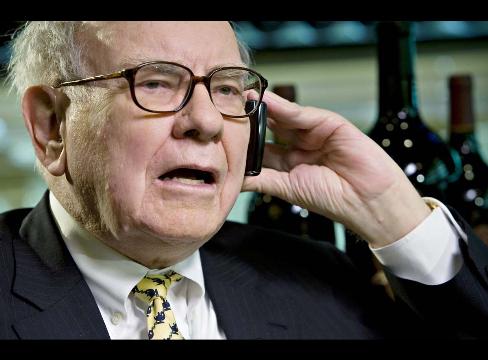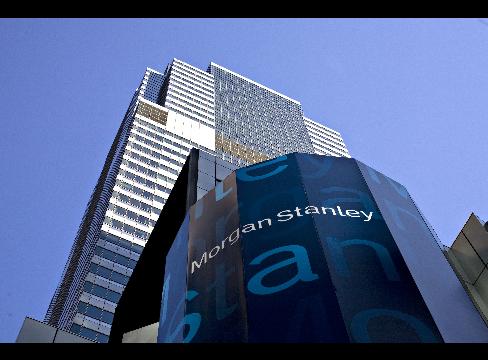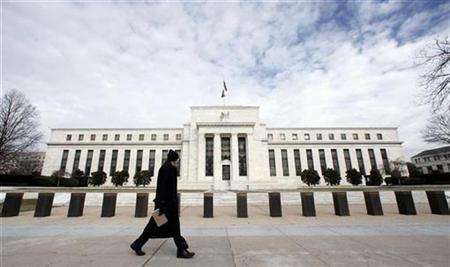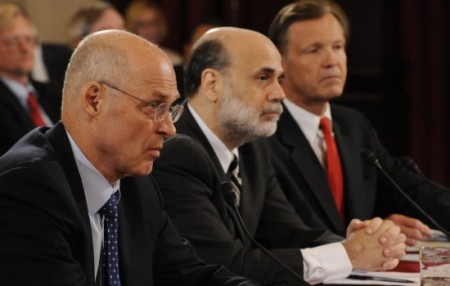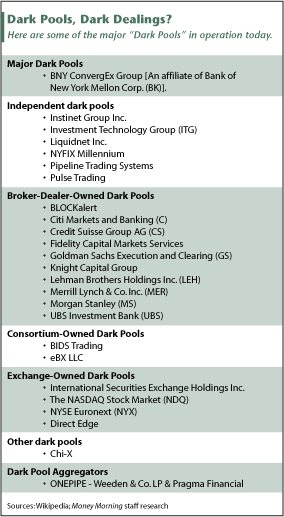
Aug. 11 (Bloomberg) — On March 11, the day the Federal Reserve attempted to shore up confidence in the credit markets with a $200 billion lending program that for the first time monetized Wall Street’s devalued collateral, somebody else decided Bear Stearns Cos. was going to collapse.
In a gambit with such low odds of success that traders question its legitimacy, someone wagered $1.7 million that Bear Stearns shares would suffer an unprecedented decline within days. Options specialists are convinced that the buyer, or buyers, made a concerted effort to drive the fifth-biggest U.S. securities firm out of business and, in the process, reap a profit of more than $270 million.
Whoever placed the bet used so-called put options that gave purchasers the right to sell 5.7 million Bear Stearns shares for $30 each and 165,000 shares for $25 apiece just nine days later, data compiled by Bloomberg show. That was less than half the $62.97 closing price in New York Stock Exchange composite trading on March 11. The buyers were confident the stock would crash.
“Even if I were the most bearish man on Earth, I can’t imagine buying puts 50 percent below the price with just over a week to expiration,” said Thomas Haugh, general partner of Chicago-based options trading firm PTI Securities & Futures LP. “It’s not even on the page of rational behavior, unless you know something.”
`Lottery Ticket’
The 57,000 puts that traded March 11 at the $30 strike price and the 1,649 that traded at $25 were collectively worth about $1.7 million, Bloomberg data show. Each put is equal to 100 shares of stock.
“That trade amounted to buying a lottery ticket,” said Michael McCarty, chief options and equity strategist at New York-based brokerage Meridian Equity Partners Inc. “Would you buy $1.7 million worth of lottery tickets just because you could? No. Neither would a hedge fund manager.”
Read moreBear Stearns: Insider Trading
